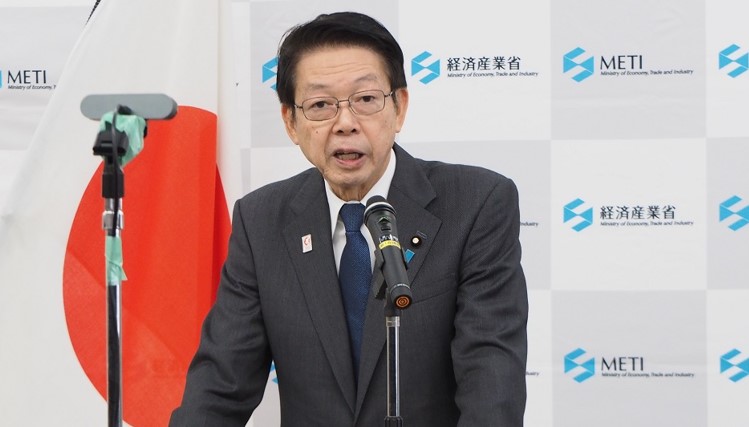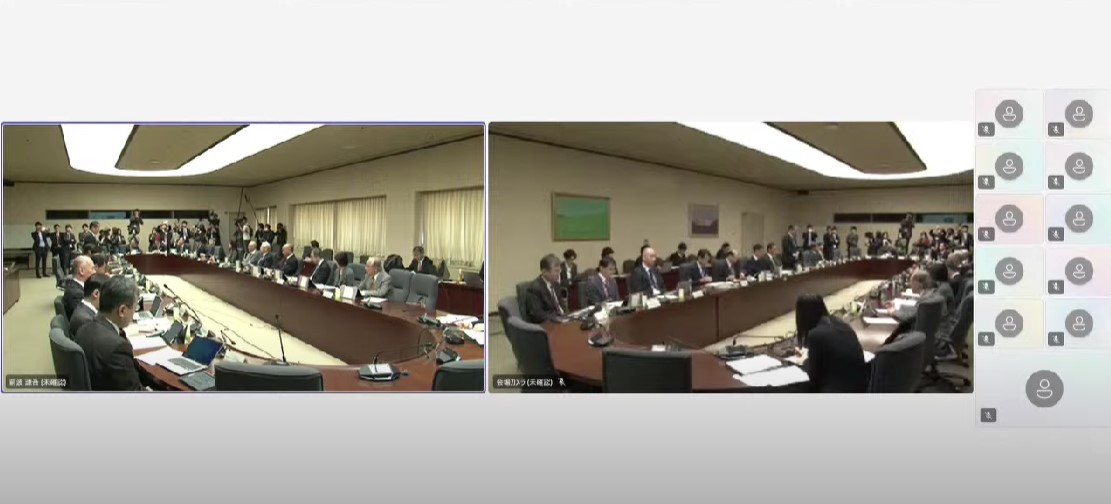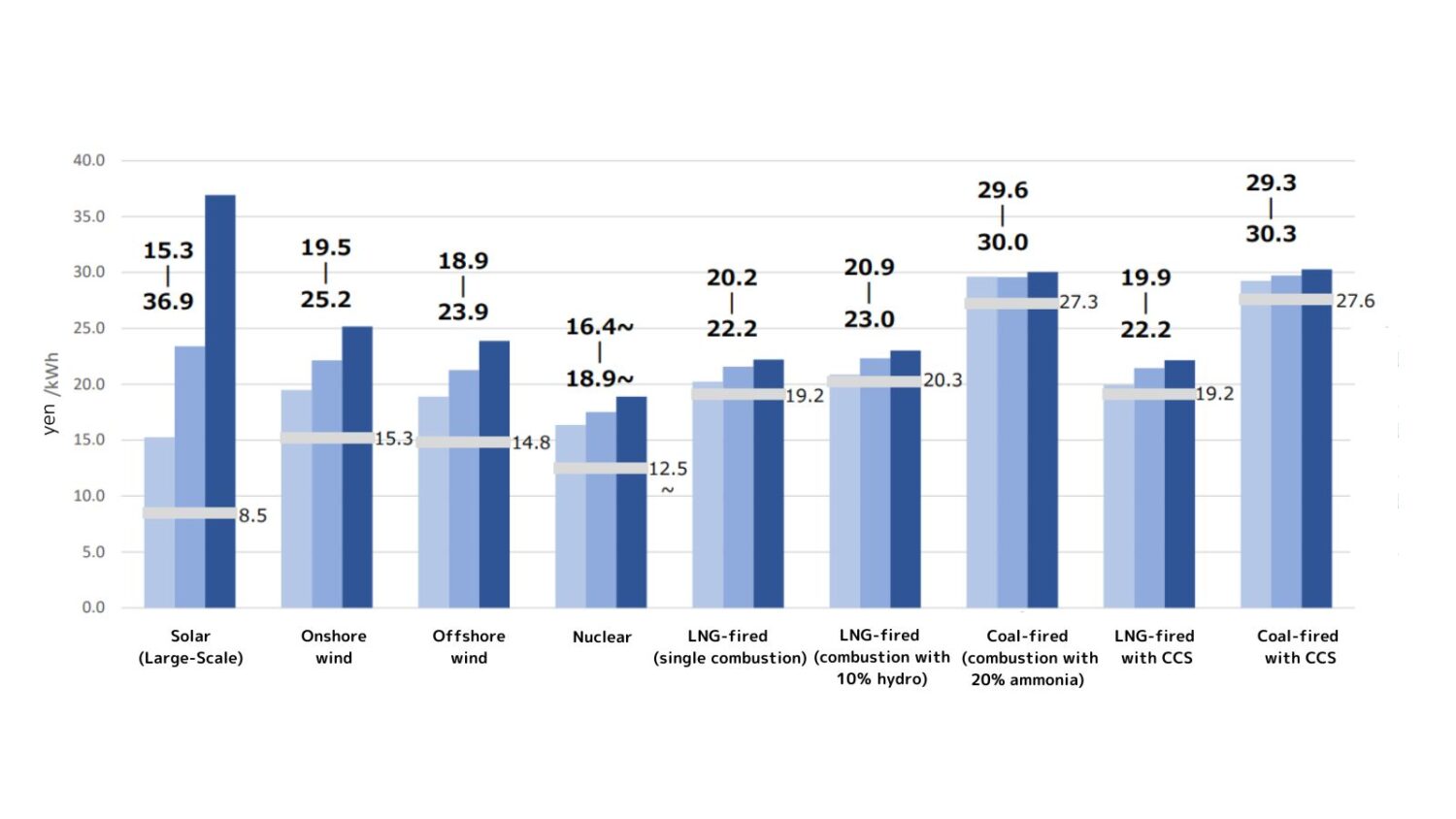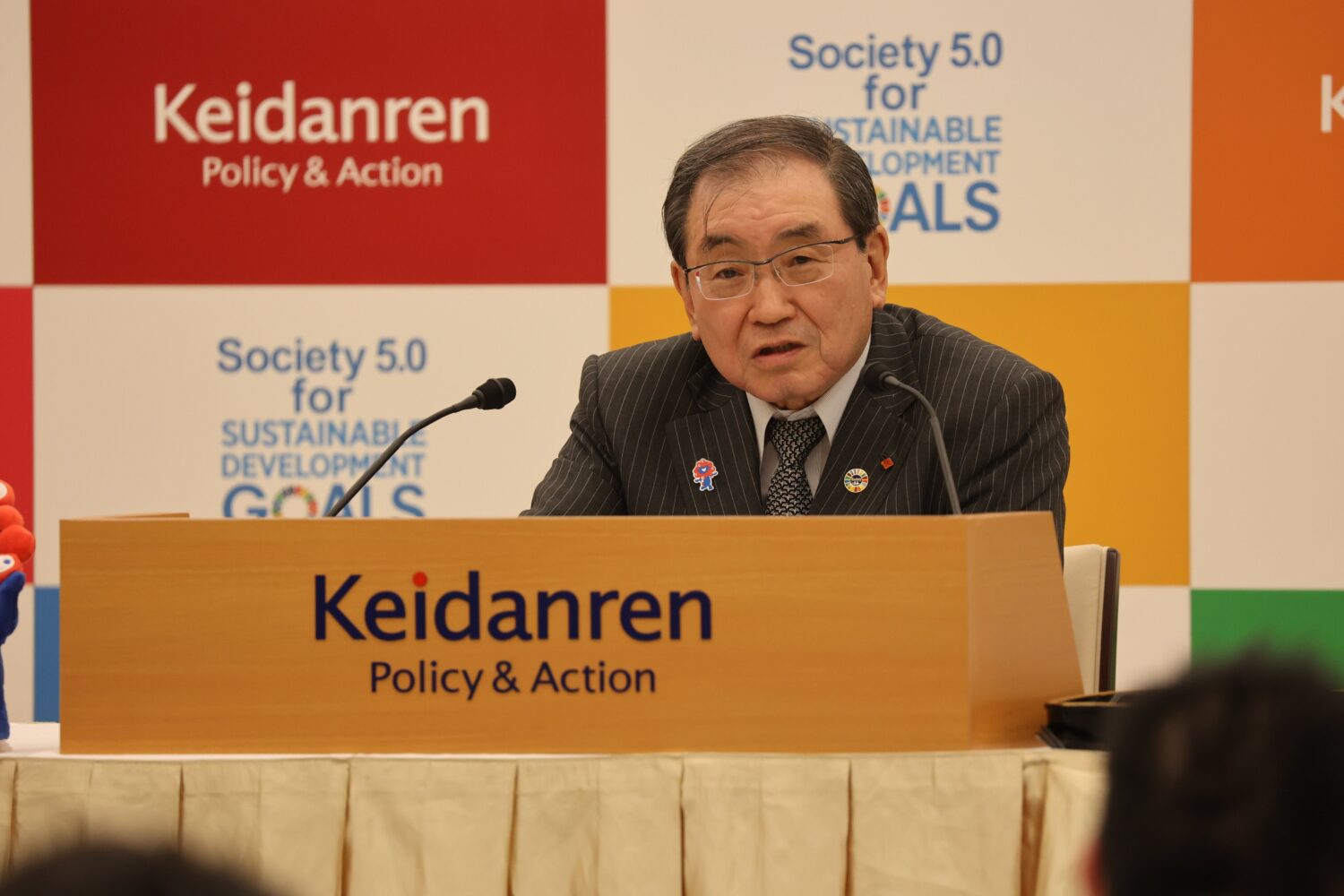When the possibility of power shortages is a concern, OCCTO will direct electric power companies in areas with sufficient power to transmit it, and will also decide where to send it, thereby serving as a sort of “control tower” to avert power failures.
The OCCTO represents the first stage in the Japanese government’s effort to reform the power system. With many new entrants to the market anticipated, OCCTO will have a heavy responsibility in ensuring stable supplies of energy.
Based on experience with planned power outages following the giant earthquake of March 2011, OCCTO will promote the development of a transmission infrastructure necessary to supply power sources over a broad area, while improving supply and demand adjustments nationwide in normal times as well as in emergencies.
Widely monitoring both power consumption and generation, OCCTO will be able to quickly recognize those areas where power will be in short supply, and direct power companies in other areas with power to spare to transmit their power to them. If a company does not comply, sanctions will be imposed on it.
OCCTO will also coordinate and oversee the nationwide network of transmission, including the interconnection of lines between the service areas of major power utilities. Given that the frequencies (Hz) in eastern and western Japan are different (50Hz and 60Hz, respectively), OCCTO plans to increase the availability of frequency converters and direct power companies to develop them.
All power companies in Japan are required to join OCCTO, which will operate from a neutral position. A secretariat will be stationed in Tokyo, and will operate with a staff of 100, primarily employees assigned from participating power companies.
Governmental power system reform is being implemented in three stages through 2020. The second stage will be the full deregulation of power retailing in April 2016. New entrants from other industries are expected to increase, hoping to sell power to households.
The third stage of power system reform, which will separate the power generation sector from the transmission and distribution sectors in major electric power companies, will take place in April 2020.
If OCCTO does not fulfill its responsibility for ensuring a stable supply of power, however, the schedule for power system reform may be adjusted.












